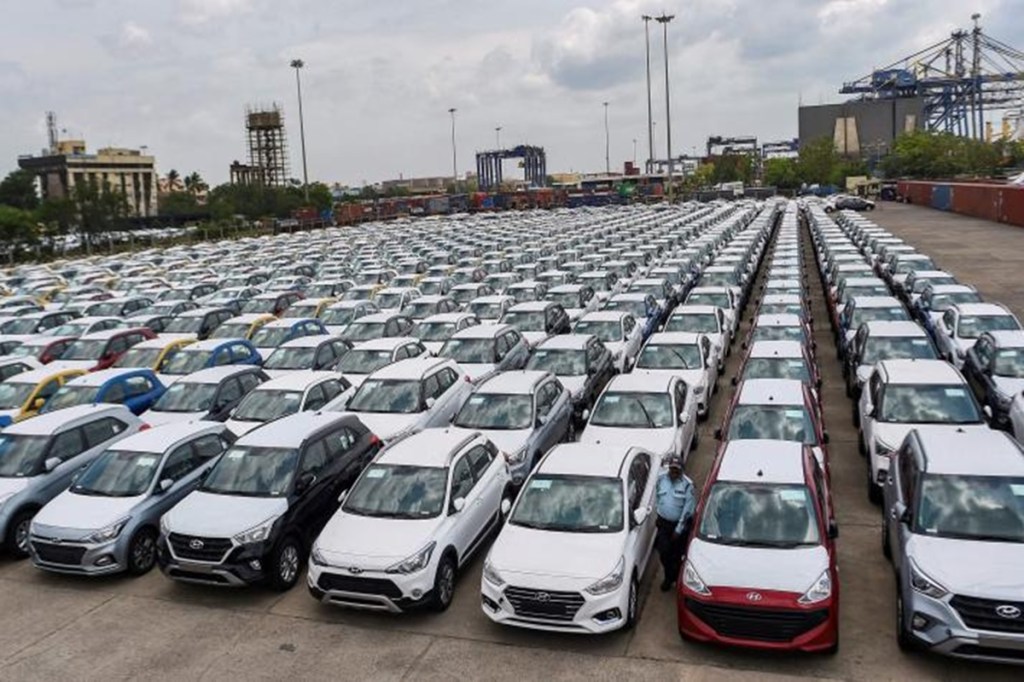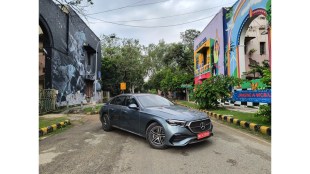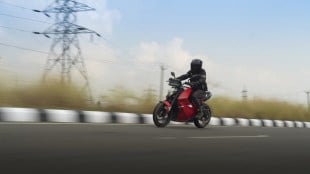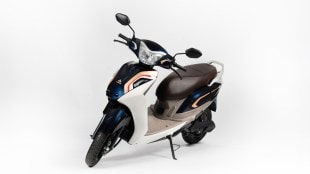The wave of covid-19 in the past nine months has decelerated mobility patterns. EY conducted a Mobility Consumer Index survey with 3,300 consumers across nine countries—including India, China, Italy, Singapore, South Korea, Sweden, the US and the UK—to explore Covid-19’s impact on consumer attitudes towards mobility, with 500 respondents from India. It found the changing mobility pattern has raised questions about the nature and shape of our cities and transport networks. Amidst this health crisis,the consumer is heavily conflicted over mobility; not having to commute to work has given manya new sense of autonomy as well as a few hours of their time back everyday.
India has witnessed the highest drop in work travel of nearly 69%, followed almost in parallel by social travel that declined by 59% and household travel that fell by 58%. The drops are substantial, as India—which is the world’s biggest democracy with a population of 138 crore—parallels the levels of work-related decline of 70% in a small country of Sweden with a population of only a crore. The decline can be attributed to the strict lockdown measures in India to control the pandemic, resulting in steep declines across travel segments. The survey results also indicate an overall reduction in average weekly travel time by 40% from 6 hours to 3.7 hours per person.
Vinay Raghunath, partner & automotive sector leader, EY India, said, “The change in mobility industry dynamics and consumer behaviour will push stakeholders to think through new operating models that leverage digital platforms and help ride the next wave of mobility growth.” India and Singapore have witnessed the maximum decline in average weekly commute time. India felt the steepest decline of more than 5 hours, from 81% to just 27%, while in Singapore, it fell from 61% to 19%. Along-term decline in commuting time could mean a lower peak demand and less strain on public transport systems and road networks.
This profuse reduction in use of public transport and road networks brings forth a challenging situation for the trains, buses and subway operators that find it difficult to generate enough revenue to meet their operational costs which in has already risen due to Covid-19 control measures. The drop in air pollution in large cities due to the lockdown was one of the few positive impacts of the early days of the pandemic. Som Kapoor, partner, Automotive Sector, EY India, added, “The changed scenario with regard to reduced emissions points towards the need for newer nonpolluting mobility avenues like EVs. Rightly directed efforts will catapult the growth of this awaited mobility model.”




















